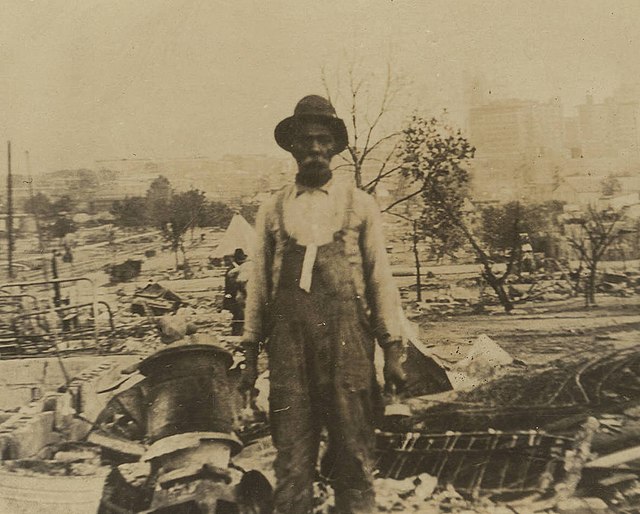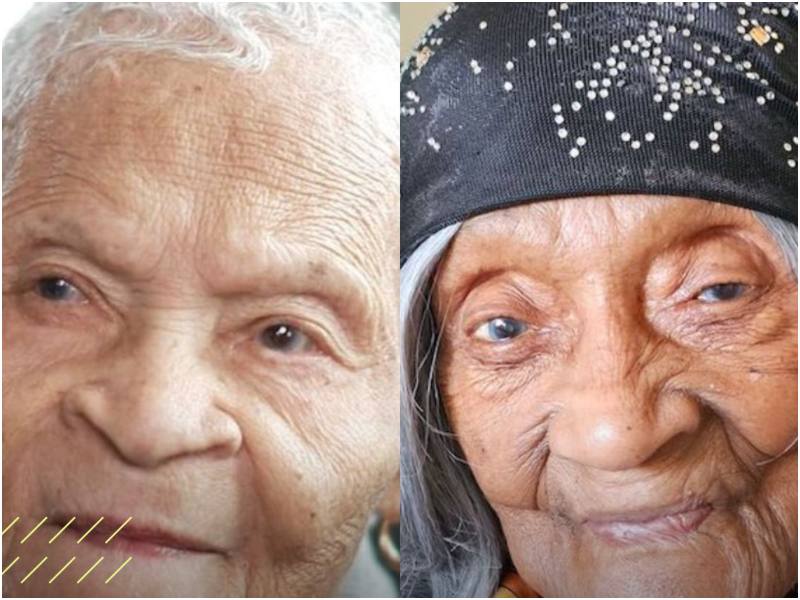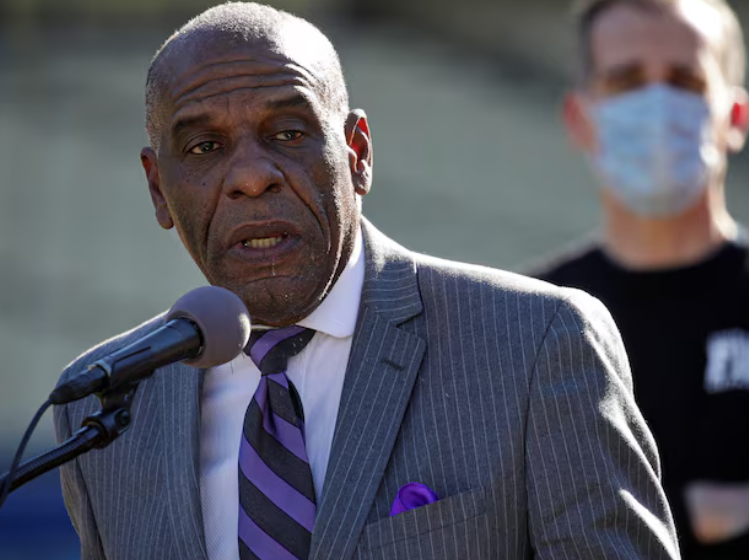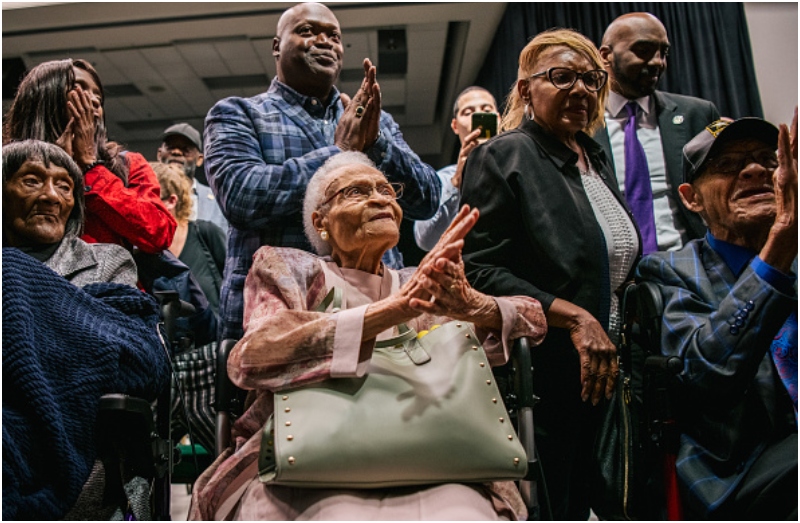Reparations
-
A comprehensive report released by the U.S. Department of Justice in January 2025 has for the first time officially classified the 1921 Tulsa Race Massacre as a “coordinated, military-style attack” against the Black residents of Greenwood. This determination raises significant questions about legal accountability, the role of law enforcement, and ongoing efforts toward reparations. The…
-
Introduction Since his return to the Oval Office, President Donald J. Trump has enacted policies that have significantly impacted racial justice movements, particularly in the areas of diversity, equity, and inclusion (DEI), reparations, and civil rights protections. His administration has actively worked to dismantle DEI programs in federal agencies, oppose discussions on reparations for slavery,…
-
Viola Fletcher and Lessie Benningfield Randle, the last living survivors of the 1921 Tulsa Race Massacre, face a significant legal setback following the recent dismissal of their lawsuit against the city of Tulsa. The Oklahoma Supreme Court has declined to rehear the case, which was initially dismissed in June. The 1921 Tulsa Race Massacre, also…
-
In the final days of their legislative session, California lawmakers passed only one part of a three-bill package aimed at addressing reparations for slavery and racism, while the other two bills were shelved amid reports of concerns from Governor Gavin Newsom. Late Saturday, the last day of the State Assembly session, demonstrators gathered in support…
-
In a historic hearing that could mark a significant step towards justice, the Oklahoma Supreme Court deliberated on Tuesday, April 2, 2024, over the final appeal for the right to trial for reparations sought by the two remaining survivors of the 1921 Tulsa race massacre. Lessie Benningfield Randle and Viola Fletcher, both 109 years old,…





